April 30, 2025
Future of Work 2025: WEF report sets out the unsurprising but profound changes ahead
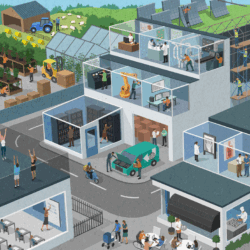 The latest Future of Jobs Report from the World Economic Forum forecasts profound but entirely unsurprising changes across global labour markets over the next five years, as technological breakthroughs, demographic shifts, and the green transition redefine the physical and digital workplace. Drawing on insights from over 1,000 employers, representing more than 14 million workers across 55 economies, the report on the future of work claims that technological change—particularly the rise of generative AI (GenAI)—will be the most powerful driver of workplace transformation by 2030. Broadening digital access is expected to reshape six in ten businesses, followed closely by AI and robotics, which are both forecast to simultaneously create and displace jobs on a massive scale. (more…)
The latest Future of Jobs Report from the World Economic Forum forecasts profound but entirely unsurprising changes across global labour markets over the next five years, as technological breakthroughs, demographic shifts, and the green transition redefine the physical and digital workplace. Drawing on insights from over 1,000 employers, representing more than 14 million workers across 55 economies, the report on the future of work claims that technological change—particularly the rise of generative AI (GenAI)—will be the most powerful driver of workplace transformation by 2030. Broadening digital access is expected to reshape six in ten businesses, followed closely by AI and robotics, which are both forecast to simultaneously create and displace jobs on a massive scale. (more…)





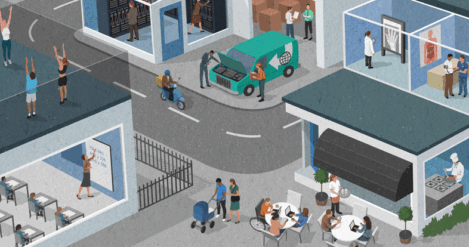

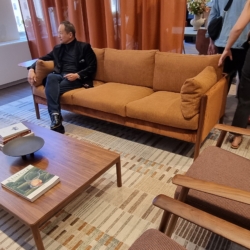







 Throughout the pandemic, we have had to constantly adapt to new models of work and a new working culture. And what makes this process even more challenging is that we’re having to work against a backdrop of uncertainty at every turn. Business leaders that are emerging from the pandemic successfully have been clear on priorities throughout and know how to balance them. This is certainly easier said than done but is integral to leadership as we enter the next chapter of workplace transformation.
Throughout the pandemic, we have had to constantly adapt to new models of work and a new working culture. And what makes this process even more challenging is that we’re having to work against a backdrop of uncertainty at every turn. Business leaders that are emerging from the pandemic successfully have been clear on priorities throughout and know how to balance them. This is certainly easier said than done but is integral to leadership as we enter the next chapter of workplace transformation. 



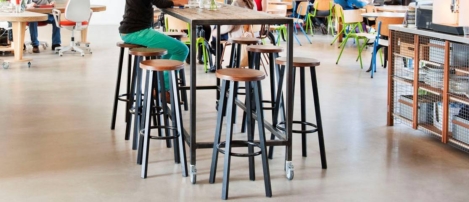
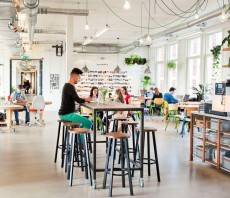










April 19, 2013
High wire act: balancing attitudes and expectations in the workplace
by Simon Heath • Comment, Facilities management, Property, Workplace, Workplace design
(more…)